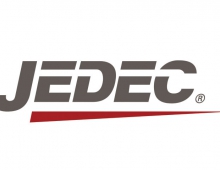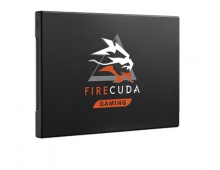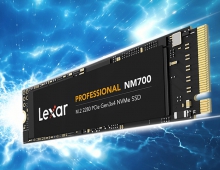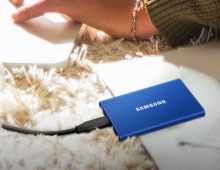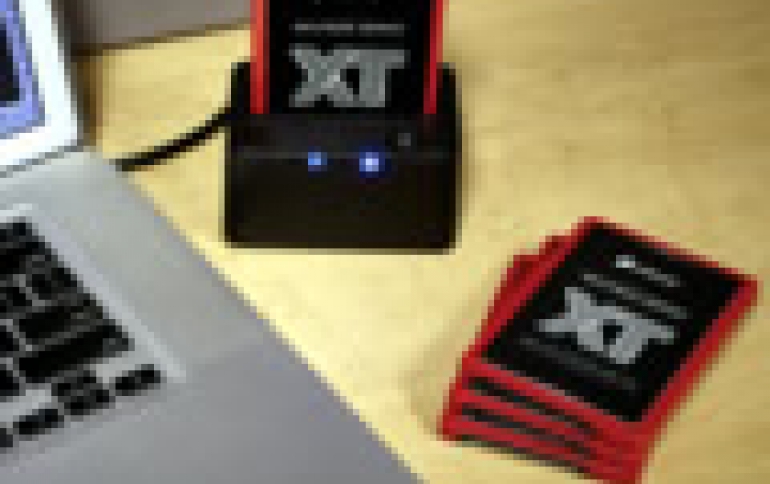
Research Shows That Heat Can Limit The Lifetime Of Your SSD
A stored SSD that stands without any power on can start to lose data in as little as a single week on the shelf, according to a recent research. SSDs need to be always connected to a power source in order to maintain their data over time. There are a number of factors that influence the non-powered retention period that an SSD has before potential data loss. These factors include amount of use the drive has already experienced, the temperature of the storage environment, and the materials that comprise the memory chips in the drive.
The Joint Electron Device Engineering Council (JEDEC) defines standards for SSDs. One of those standards is an endurance rating, which depends, among other factors, on whether an SSD retains data with power off for a required time for its application class.
For client application SSDs, the powered-off retention period standard is one year while enterprise application SSDs have a powered-off retention period of three months. These retention periods can vary depending on the temperature of the storage area that houses SSDs.
In a presentation on JEDEC's website, Seagate's Alvin Cox says that for every 5 degrees C (9 degrees F) rise in temperature where the SSD is stored, the retention period is approximately halved. For example, if a client application SSD is stored at 25 degrees C (77 degrees F) it should last about 2 years on the shelf under optimal conditions. If that temperature goes up 5 degrees C, the storage standard drops to 1 year.
The standards change dramatically when you consider JEDEC's standards for enterprise class drives. The storage standard for this class of drive at the same operating temperature as the consumer class drive drops from 2 years under optimal conditions to 20 weeks. Five degrees of temperature rise in the storage environment drops the data retention period to 10 weeks. Overall, JEDEC lists a 3-month period of data retention as the standard for enterprise class drives.
Don't immediately freak out, though. It depends entirely on the temperature, but also the type of drive you're using. Most consumer solid-state drives, such as those in high-end performance desktops and certain notebooks do not suffer as much. They are designed to retain data for about two years in storage under the right temperature.

